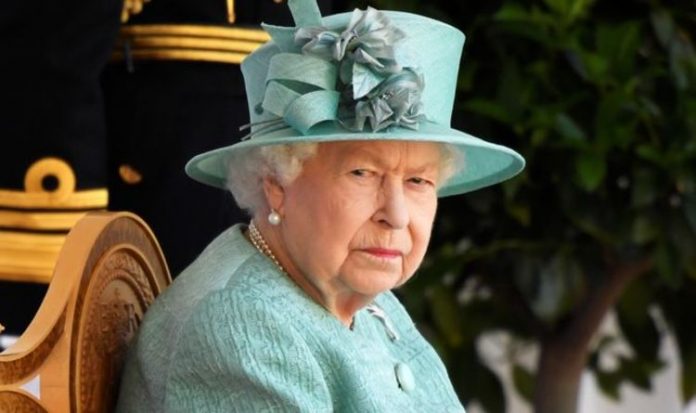The monarch’s lawyer successfully lobbied the Government to change a draft law to conceal her private wealth, the Guardian reported. A clause had been included in the law granting the power to exempt companies used by “heads of state” from new transparency measures, according to the newspaper.
But the claims sparked a row over the monarchy on Twitter.
Commentator Ash Sarkar posted: “I dunno guys, maybe it’s bad to have an unelected head of state who is able to oversee and shape the direction of legislation in their own personal financial interest, in a way no other private citizen is able to do.”
However other Twitter users were quick to hit back.
One commented: “Queen has done a magnificent job.. and creates much revenue!!!”
Another wrote: “I rather have an unelected head of state that has integrity and is principled than a spineless elected head of state that has no principles!”
A third said: “An elected head of state would be a politician and how do you think that would work out.”
One more added: “Far rather the Queen is our head of state rather than an elected President such as Boris or Jeremy!”
A spokeswoman for Buckingham Palace rejected suggestions that the Queen had intervened.
READ MORE: Queen expected to put Prince Harry in his place over titles row
“If consent is required, draft legislation is, by convention, put to the sovereign to grant solely on advice of ministers and as a matter of public record.”
According to the Guardian, documents in the National Archives show that in November 1973 the Queen feared a Bill around bringing transparency to company shareholdings could result in the public being able to scrutinise her finances.
The newspaper reported that her lawyer had spoken with civil servants at the then Department of Trade and Industry about the Companies Bill and proposed the monarch be exempted.
A civil servant wrote at the time that the lawyer’s clients were “concerned” that there was a risk of disclosure to directors of a company, shareholders and the general public, and that “disclosure to any person would be embarrassing”, according to the newspaper.
The Guardian said the proposal became law in 1976 and applied until at least 2011.
Writing in the Daily Mail, royal expert Richard Kay insisted the claims do not reveal a “hidden conspiracy”.







